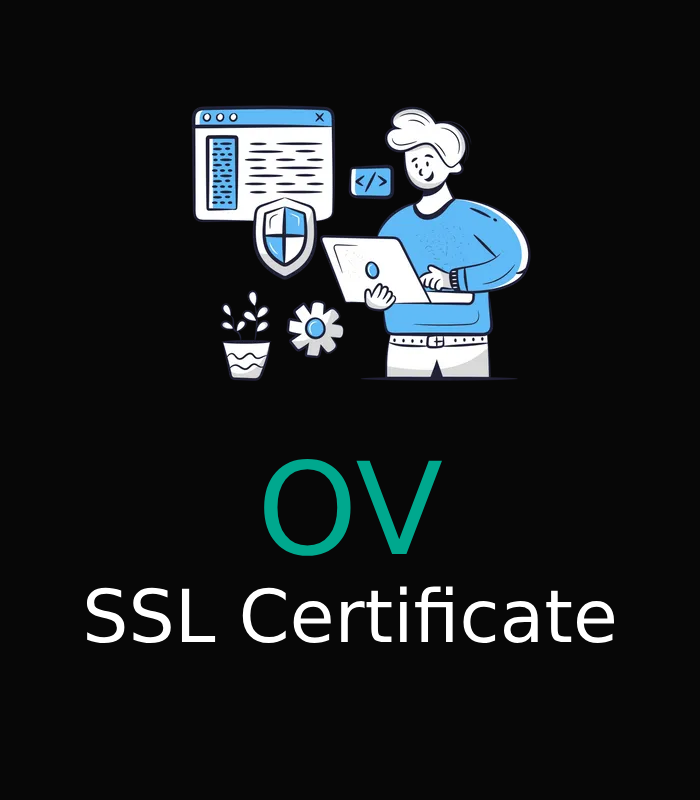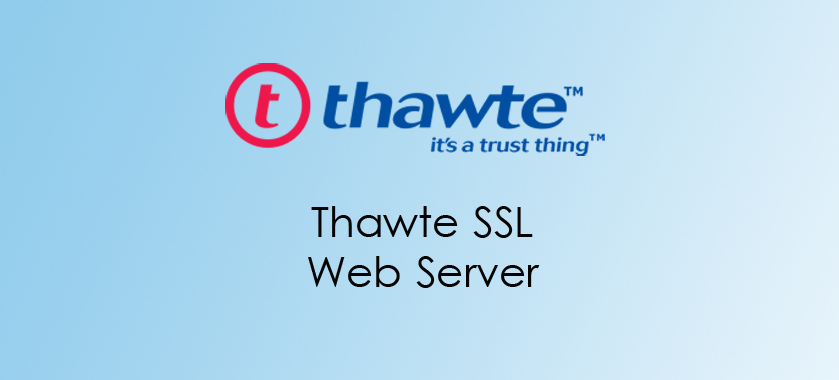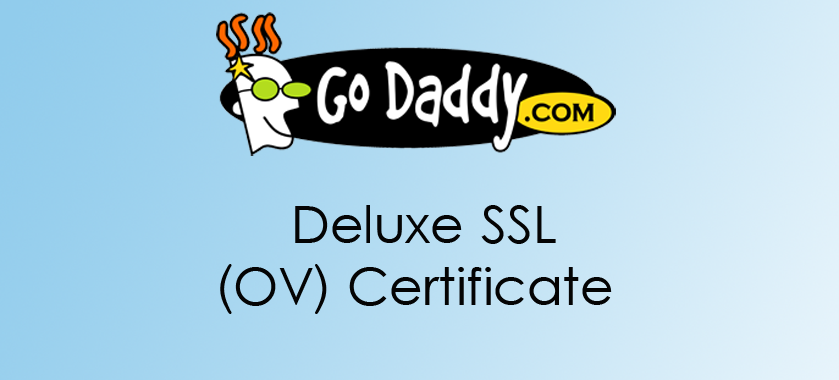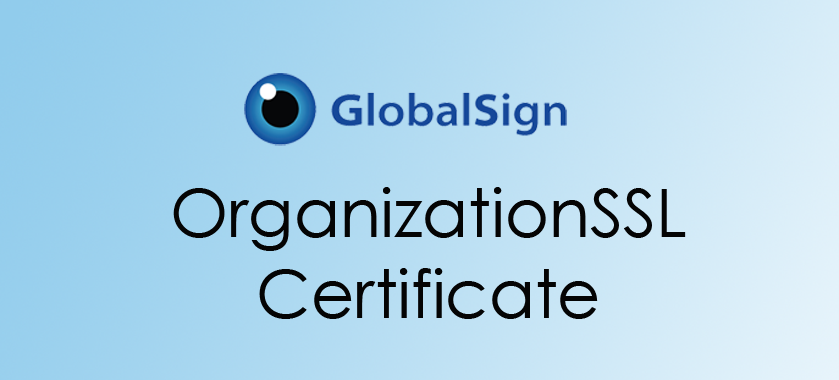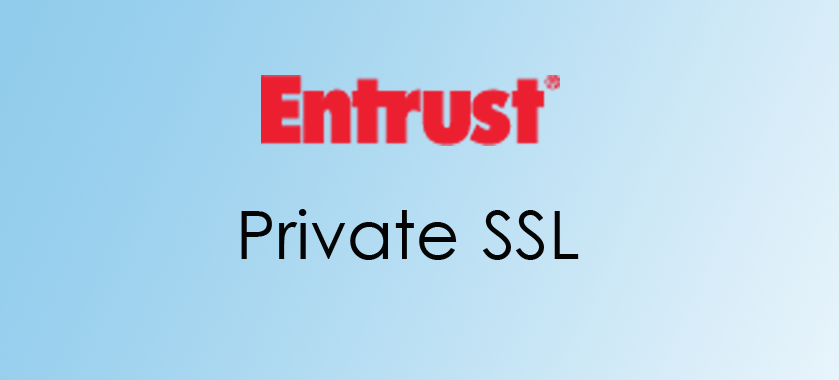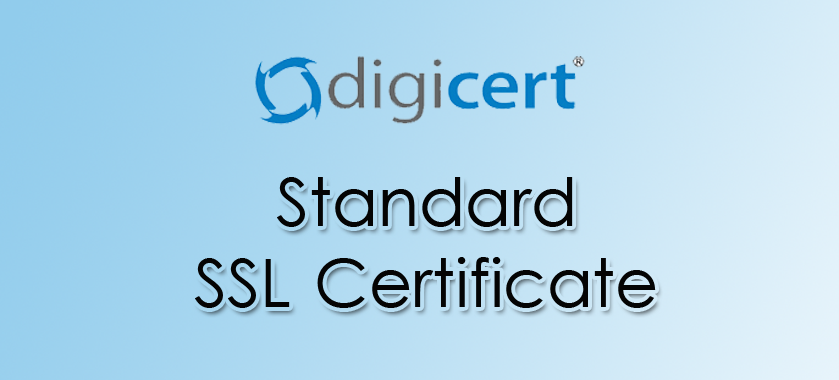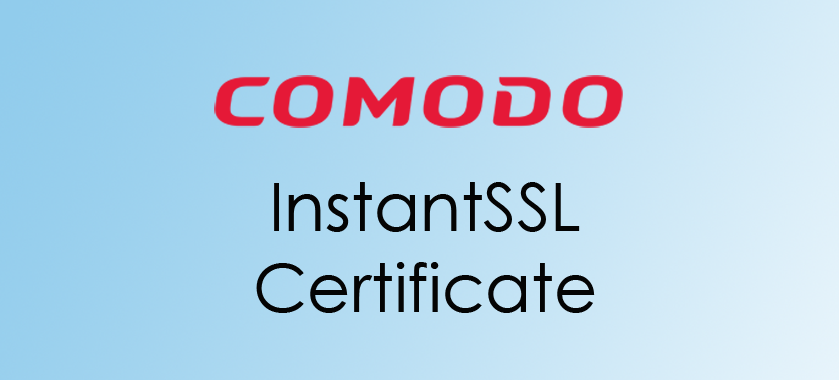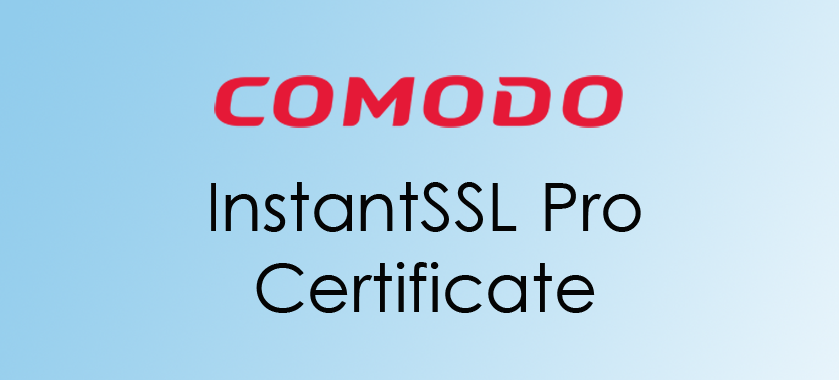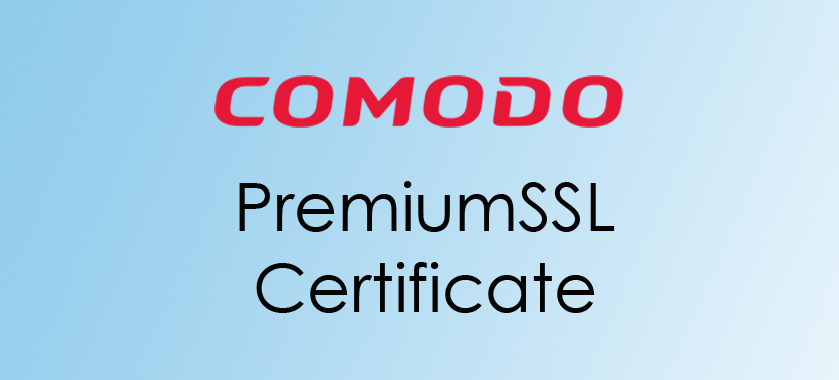When to Use OV SSL Certificates?
Organization Validation (OV) SSL certificates are typically used in situations where you want to provide an additional level of trust and assurance to your website visitors. Here are some scenarios where using an OV SSL certificate would be beneficial:
1. E-commerce Websites: If you run an online store or handle transactions on your website, using an OV SSL certificate can help instill confidence in your customers. The visible organization name in the certificate details can make customers feel more secure when entering payment information.
2. Business Websites: For corporate websites or business portals that handle sensitive information like customer data, login credentials, or confidential documents, an OV SSL certificate helps demonstrate your commitment to security.
3. Professional Services: Websites of professional services such as legal firms, financial institutions, and healthcare providers often deal with sensitive client information. An OV SSL certificate adds an extra layer of security and professionalism.
4. Memberships or Subscriptions: If your website offers membership or subscription services, an OV SSL certificate can help users trust that their personal details are being handled securely.
5. Login Portals: Any website with a login portal, whether for employees, customers, or members, can benefit from an OV SSL certificate. It ensures that login credentials are transmitted securely.
6. Government and Non-profit Organizations: Government agencies and non-profit organizations that collect data or provide online services can use OV SSL certificates to enhance their credibility and show their commitment to security.
7. Online Forms: If your website includes forms for user submissions, such as contact forms, feedback forms, or registration forms, using an OV SSL certificate helps protect the data users submit.
8. Brand Reputation: An OV SSL certificate displays your organization’s verified information, which can help prevent phishing attacks and maintain your brand’s reputation.
The SSL certificate which provides high assurance of encryption and protection is known as Organization Validated (OV) SSL certificate. This certificate helps to validate company, business, or organization websites. OV SSL certificate’s primary function is providing protection and encryption to the websites and information of the users that are present on the website. The organization of the business owner needs to be validated before sent a request for the issuance of an SSL certificate. The third-party attacks can be secured by an OV SSL certificate. It provides 256-bit encryption to the websites and comes with a 2048-bit signature. The site seal is given by the Certificate Authority (CA) on which organization name is mentioned. The site seal is considered a trust indicator that ensures the confidentiality of the data.
Issuance Process of OV SSL Certificate
The certificate authority (CA) will issue the OV SSL certificate so the purchaser needs to submit all the required business documents to the CA. A list of the documents will be provided by the CA. If all the documents seem perfect to the CA, then the certificate issuance request is approved and the certificate is issued by the CA. The domain ownership of the business organization is verified by the CA before any document verification. There are several ways that CA can use for domain verification such as email verification, file-based verification, or domain registrar’s information (it should be public). The process of verification and certificate issuance may take 2-3 business days. The documents which CA can ask for verification are:
The issuance process of an Organization Validation (OV) SSL certificate involves several steps to verify the legitimacy of the requesting organization. Here’s a general overview of the process:
1. Certificate Request: The process begins with the organization or entity requesting an OV SSL certificate from a trusted Certificate Authority (CA). During this step, the organization provides basic information about the domain and the organization itself.
2. Domain Ownership Verification: Just like with Domain Validation (DV) certificates, the CA verifies that the organization requesting the certificate owns or controls the domain for which the certificate is being issued. This could involve responding to an email sent to a domain-specific email address or placing a specific file on the website server.
3. Organization Verification: The main difference between OV and DV certificates is the additional layer of organization verification. The CA will conduct checks to confirm the legal existence and identity of the organization. This typically includes checking public business records, legal documentation, and verifying the physical address and phone number.
4. Contact Verification: The CA will often verify the contact details provided by the organization, such as phone numbers and email addresses. This is to ensure that the organization’s representatives can be reached for further verification if necessary.
5. Documentation Submission: The organization might need to submit certain documents to prove its identity and legal status. These documents can include business licenses, articles of incorporation, or other legal paperwork. The exact documents required can vary depending on the CA and the jurisdiction.
6. Phone Verification: Some CAs might perform a phone call to verify the legitimacy of the organization and its representatives. This could involve a call to the organization’s listed phone number or a designated contact person.
7. Review and Approval: Once all the verification steps are complete, the CA reviews the collected information and documents. If everything checks out, the CA approves the certificate issuance.
8. Certificate Issuance: With approval, the CA generates the OV SSL certificate and sends it to the organization. The certificate includes the verified organization information and the domain it covers.
9. Installation: The organization’s IT team or website administrator installs the issued SSL certificate on the web server. This process involves configuring the server to use HTTPS and uploading the certificate files.
10. SSL Connection: Once the certificate is installed, the website can establish secure HTTPS connections with users’ browsers. The OV SSL certificate ensures that data transmitted between the user and the server is encrypted and secure.
Key Features of OV SSL Certificate
Organization Validation (OV) SSL certificates offer several key features that distinguish them from other types of SSL certificates, such as Domain Validation (DV) certificates. Here are the key features of OV SSL certificates:
1. Enhanced Trust and Credibility: OV SSL certificates provide a higher level of trust and credibility compared to DV certificates. The verification process involves confirming the legal existence of the organization, adding a layer of assurance for website visitors.
2. Verified Organization Information: The certificate includes verified information about the organization, such as the organization’s name and location. This information is displayed in the SSL certificate details, adding transparency and legitimacy to the website.
3. Visible HTTPS Indicators: Websites secured with an OV SSL certificate display the padlock symbol and “HTTPS” in the browser’s address bar. This visual indicator reassures users that the connection is secure and their data is encrypted.
4. Organization Name in Certificate: The organization’s name is prominently displayed in the SSL certificate, which helps users identify the website as belonging to a legitimate and established entity.
5. Encrypted Data Transmission: Just like other SSL certificates, OV certificates ensure that data exchanged between the user’s browser and the web server is encrypted, preventing unauthorized access to sensitive information.
6. Phishing Protection: By displaying verified organization details, OV SSL certificates help protect users from phishing attacks. Users can quickly identify if they are on a legitimate website or a potential phishing site.
7. Versatile Coverage: OV SSL certificates can cover both the main domain and its subdomains, making them suitable for websites with multiple sections or services.
8. Moderate Validation Process: The validation process for OV certificates is more thorough than DV certificates but less intensive than Extended Validation (EV) certificates. It strikes a balance between trustworthiness and practicality.
9. Security Compliance: Many industry regulations and compliance standards recommend or require the use of OV SSL certificates for websites that handle sensitive data, ensuring adherence to security best practices.
10. Suitable for Various Use Cases: OV certificates are suitable for a wide range of websites, including e-commerce platforms, business websites, online portals, and services that require user logins or data submission.
11. Mobile Compatibility: OV SSL certificates are recognized and trusted by mobile browsers and devices, ensuring a consistent and secure experience for users across different platforms.
12. Warranty and Customer Support: Many OV SSL certificates come with warranties that provide financial protection in case of certain SSL-related security breaches. Additionally, reputable Certificate Authorities offer customer support to assist with certificate installation and management.
Who Should Buy OV SSL Certificate?
People who are running online business websites and collect data of the users should buy an OV SSL certificate. It is highly recommended for social media platforms, banking sites, Facebook and apps, Google Chrome, Firefox Add-ons, etc. This certificate will provide high security to these sites. Wildcard SSL and Multi-domain SSL certificates are provided and featured in the OV SSL certificate. Multi-domain OV SSL certificate helps to secure approx. 100 domains whereas wildcard OV SSL certificate helps to secure unlimited sub-domains.
Difference between OV SSL Vs. DV SSL
Validation Process:
- OV SSL: Requires in-depth validation of both domain ownership and organization details.
- DV SSL: Involves simple validation of domain ownership only.
2. Trust and Credibility:
- OV SSL: Offers higher trust with verified organizational information displayed.
- DV SSL: Provides basic encryption but lacks verified organization details.
3. SSL Indicators:
- OV SSL: Displays padlock, “HTTPS,” and sometimes additional organization info.
- DV SSL: Shows padlock and “HTTPS” but no organizational info.
4. Use Cases:
- OV SSL: Suitable for businesses, e-commerce, professional services, membership sites.
- DV SSL: Good for personal blogs, small websites, basic encryption needs.
5. Validation Rigor:
- OV SSL: Moderate validation process, confirming domain ownership and org details.
- DV SSL: Minimal validation, focusing solely on domain ownership.
6. Cost:
- OV SSL: Generally more expensive due to thorough validation and added features.
- DV SSL: Typically more affordable due to simpler validation process.
Difference Between OV SSL Vs. EV SSL
1. Validation Process:
- OV SSL (Organization Validation): Requires verification of both domain ownership and certain organization details, such as legal existence and physical address.
- EV SSL (Extended Validation): Involves the most rigorous validation, verifying domain ownership, legal entity, physical address, and more extensive documentation.
2. Trust and Credibility:
- OV SSL: Provides a higher level of trust than DV (Domain Validation) certificates due to verified organization details in the certificate.
- EV SSL: Offers the highest level of trust and credibility, displaying the organization’s name prominently in the browser’s address bar.
3. SSL Indicators:
- OV SSL: Shows padlock, “HTTPS,” and may display organization information upon clicking the padlock.
- EV SSL: Displays the organization’s name in the browser’s address bar, along with padlock and “HTTPS.”
4. Use Cases:
- OV SSL: Ideal for businesses, e-commerce, professional services, membership portals, enhancing trust and security.
- EV SSL: Suited for major corporations, financial institutions, high-profile websites, emphasizing the utmost trust and security.
5. Validation Rigor:
- OV SSL: Moderately rigorous validation process, balancing security with practicality.
- EV SSL: Extremely thorough validation, providing the highest level of assurance and security.
6. Cost:
- OV SSL: Priced higher than DV certificates due to more extensive validation and added features.
- EV SSL: Generally the most expensive option due to the extensive validation process and premium trust indicators.

